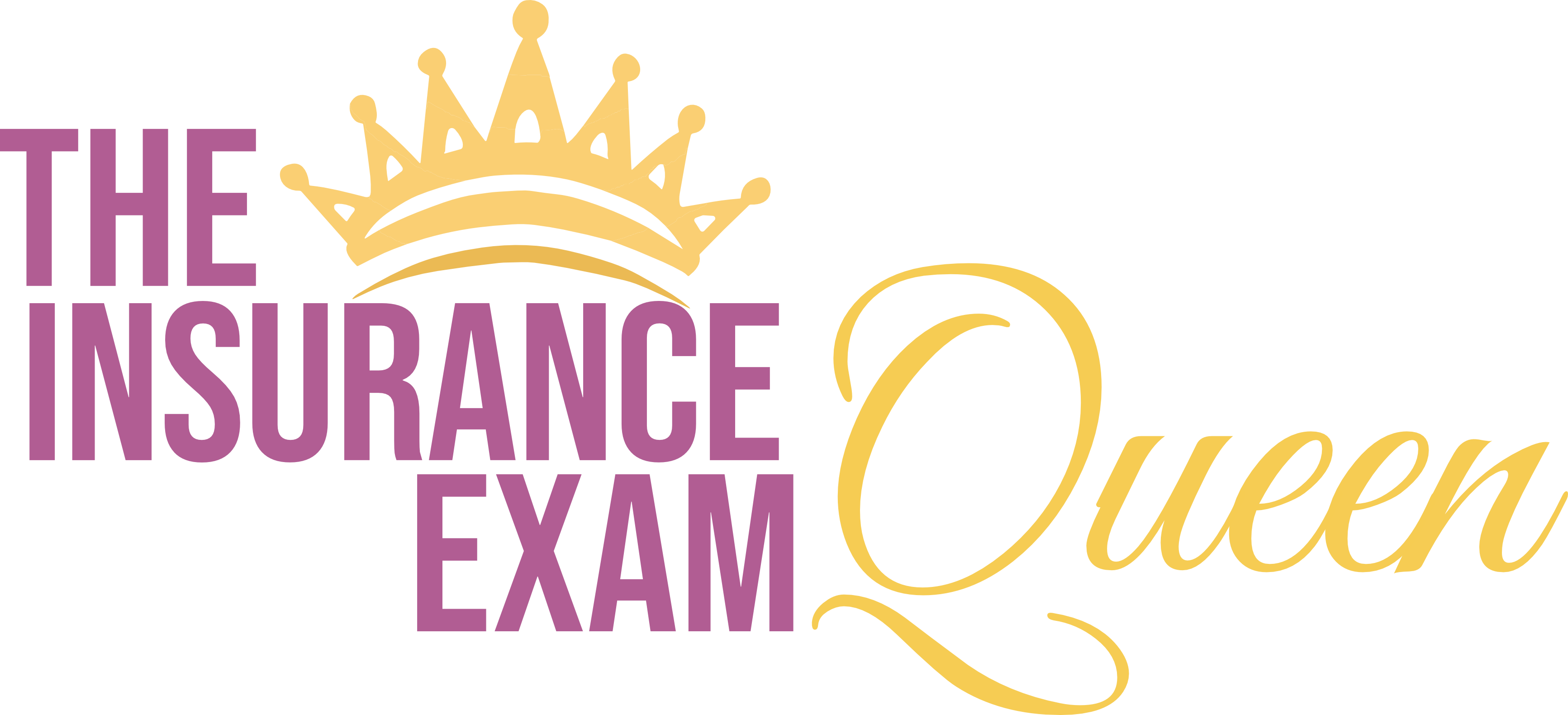Warranty, Representation, Misrepresentation, Material Misrepresentation and Concealment
A warranty is a true statement. There is nothing that should/could be wrong about it. Warranties are mostly used in Property and Casualty where you just NEED to be correct, like “I drive a 2002 Toyota 4Runner” there is no reason why that wouldn’t be true and there is no reason why I would lie about it. If you DO lie, the insurance see this a fraud.
A representation is a “believed” to be true statement, but it’s not guaranteed to be true like a warranty is. Life and Health insurance use representations because it’s possible for a person to be wrong, and not know it.
For instance, I am filling out a life application and it asks me if I have cancer. I say no, I don’t. Never been diagnosed, no issues with my health to think I could have it, so I am fully believing my answer is correct when I say, “No I don’t have cancer.” Three months later after my policy is issued, I go to the doctor because I have these crazy headaches. The doctor finds a brain tumor and says, “Based on its size, it’s been growing for the last 6 months” So TECHNICALLY I DID have cancer in my body at the time of the application, but I said I didn’t. However, we would not consider that lying but more of “I didn’t know, I believed I didn’t have it” and thus the policy would still cover me regardless.
A misrepresentation is when the truth is out there, but the wrong information was put on the application. If you simply forgot we just call it misrepresentation, but if you lie on purpose it’s intentional and the policy can be voided. Example: I forgot that in my childhood I have an illness that required intensive treatment, but I was to young to really remember, so I so said “no” when it asked about any major health issues.
There is also material misrepresentation. A regular misrepresentation is something they wish they would have known, but it wouldn’t change anything about the policy once they do know. A material misrepresentation is, if I had known that information, I would have made a different decision, aka the premium would be different, the coverage/exclusion would be different. I like to think of a deal breaker when dating, now that I know this about you/us, I change my mind and we will not be dating anymore!
Concealment is when someone hides or withholds information. So it’s a lie of omission. It’s gets a little confusing when we think misrepresentation is also a lie, but the key words are “withholding” or “hiding.” For instance, a misrepresentation would be like “I had papillary stage 1 cancer” when you really had stage 3. Concealment would be “I never had cancer.”
Quick little recap: Warranties are ABSOLUTELY true statements and can void the policy if they end up not being true. Statements made on the applications are representations, they are believed to be true but not guaranteed to be true. A misrepresentation is when you may have forgot or misspoke. A material misrepresentations is when the information is a big deal, that would have caused the insurer to make another decision. Fraud is when you intentionally lie and concealment is when you withhold or hide information.
When we fill out the application, we are actually making an offer for transferring risk to them and if they agree to accept the risk, we now have a contract in place! An Insurance policy is just a contract, and it’s important to understand contract law.
Recommended: Gold
The GOLD Course is ALWAYS the recommended class series for all students as it teaches the material in more depth. Over 30 hours of the most in depth classes with a more intensive teaching of the topic. Learn more about P&C GOLD Learn more about L&H GOLD
Share the Post
Click to share the post to your network





